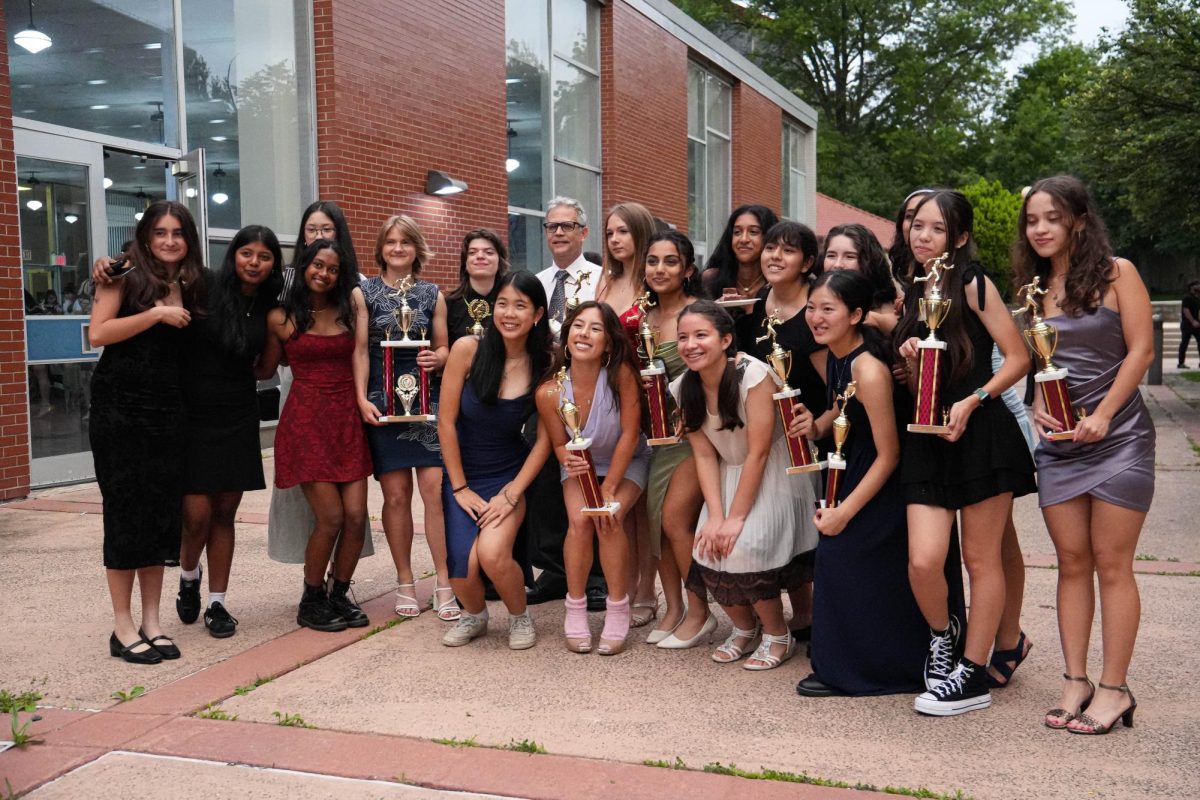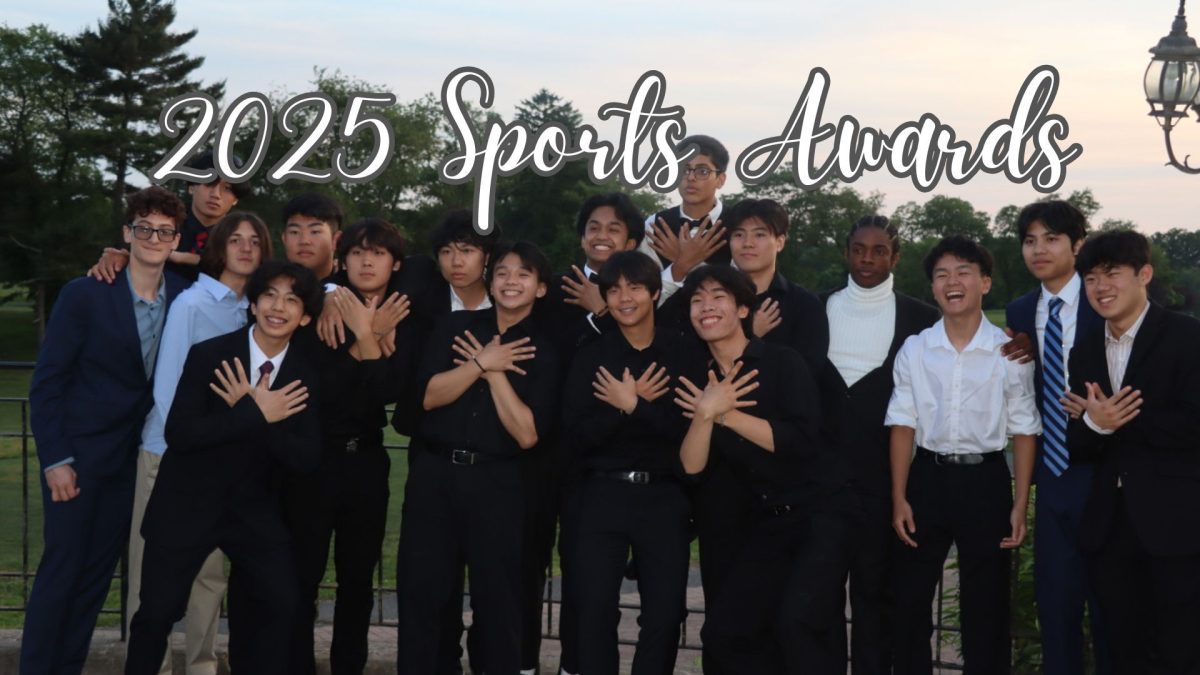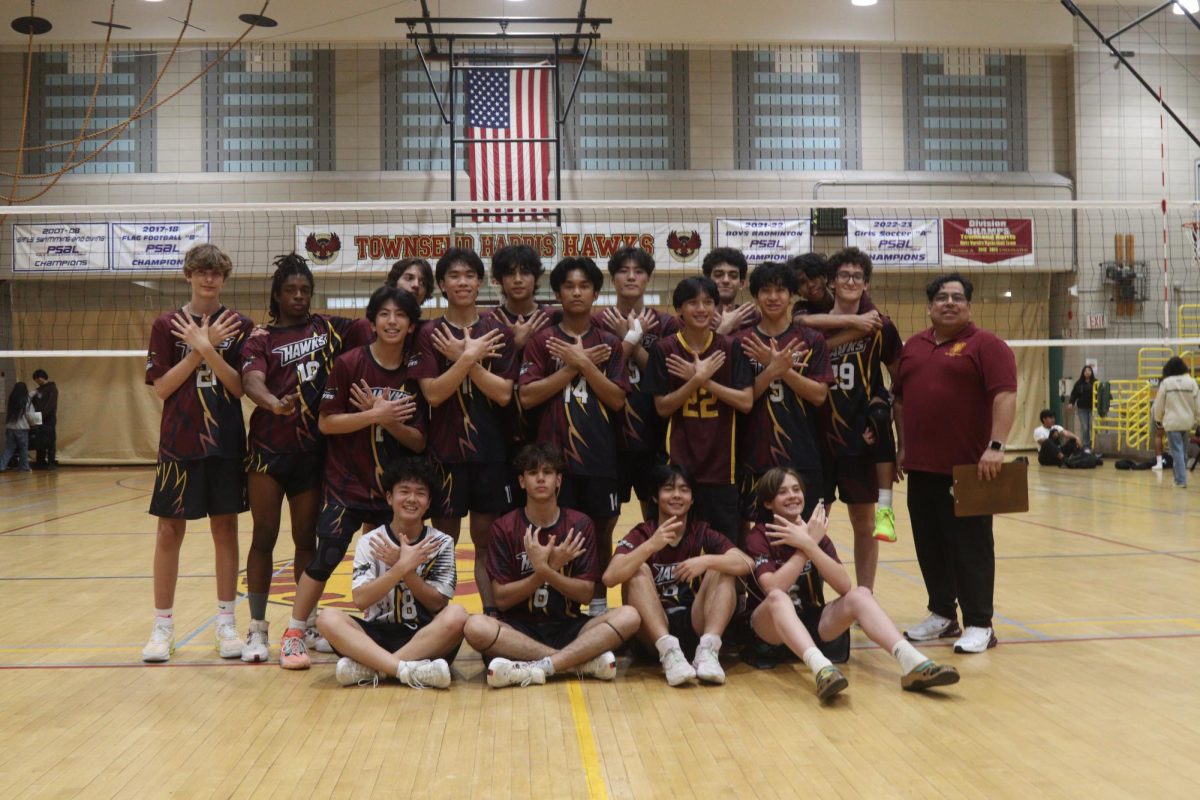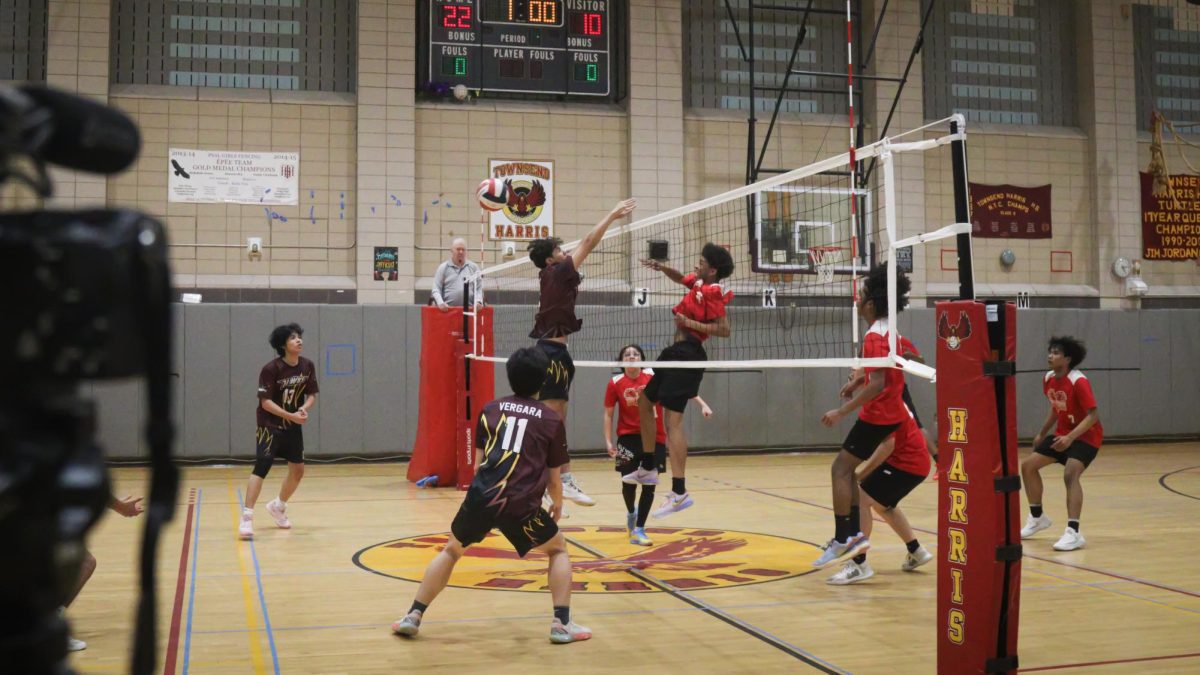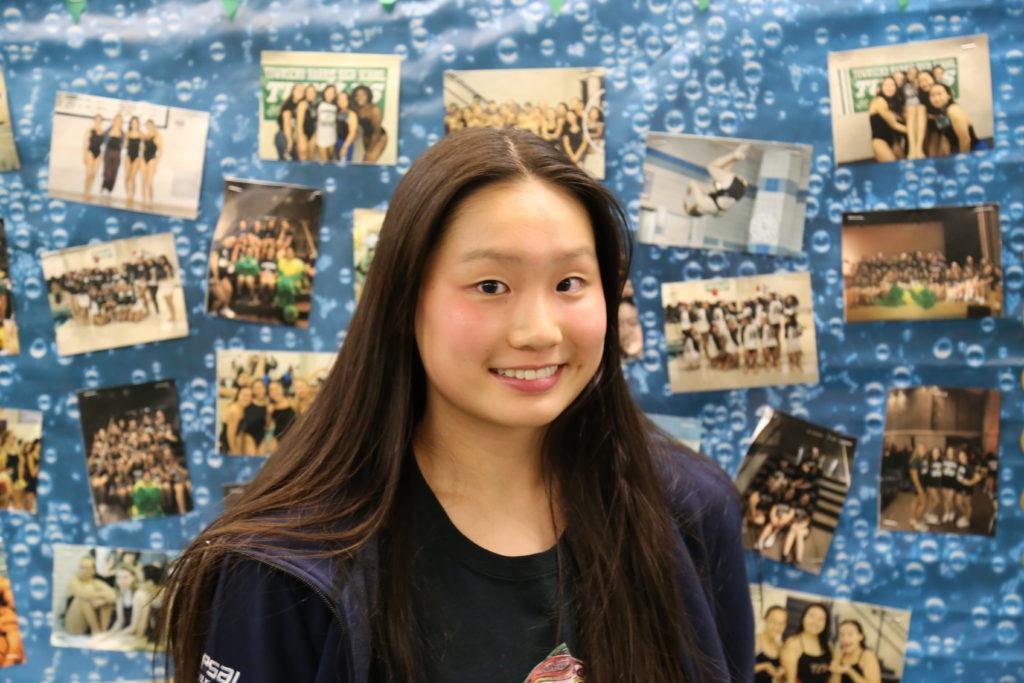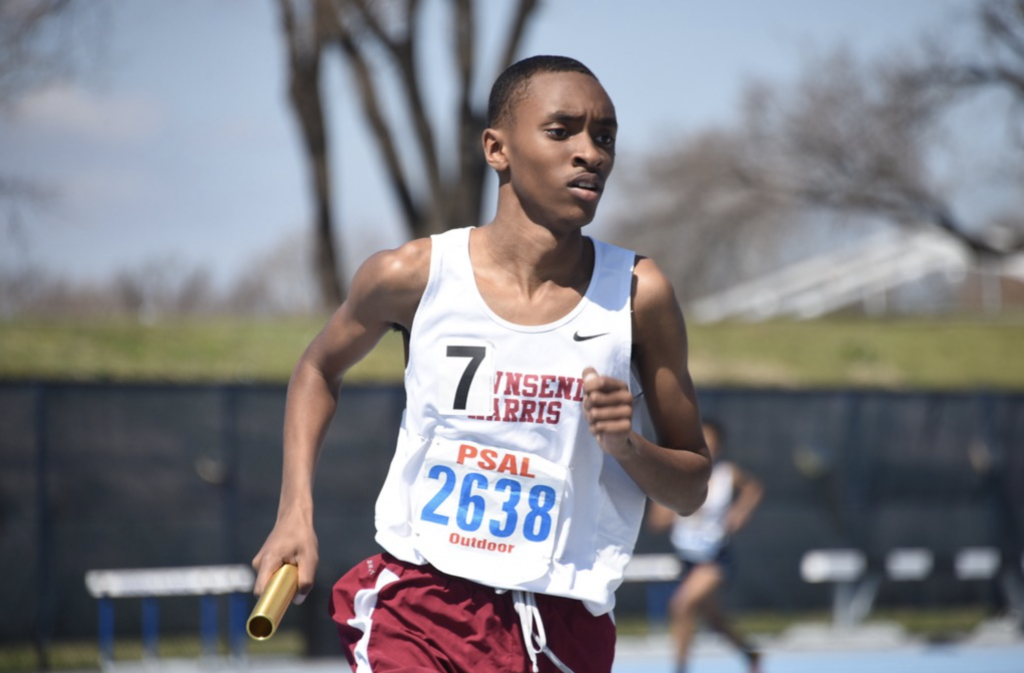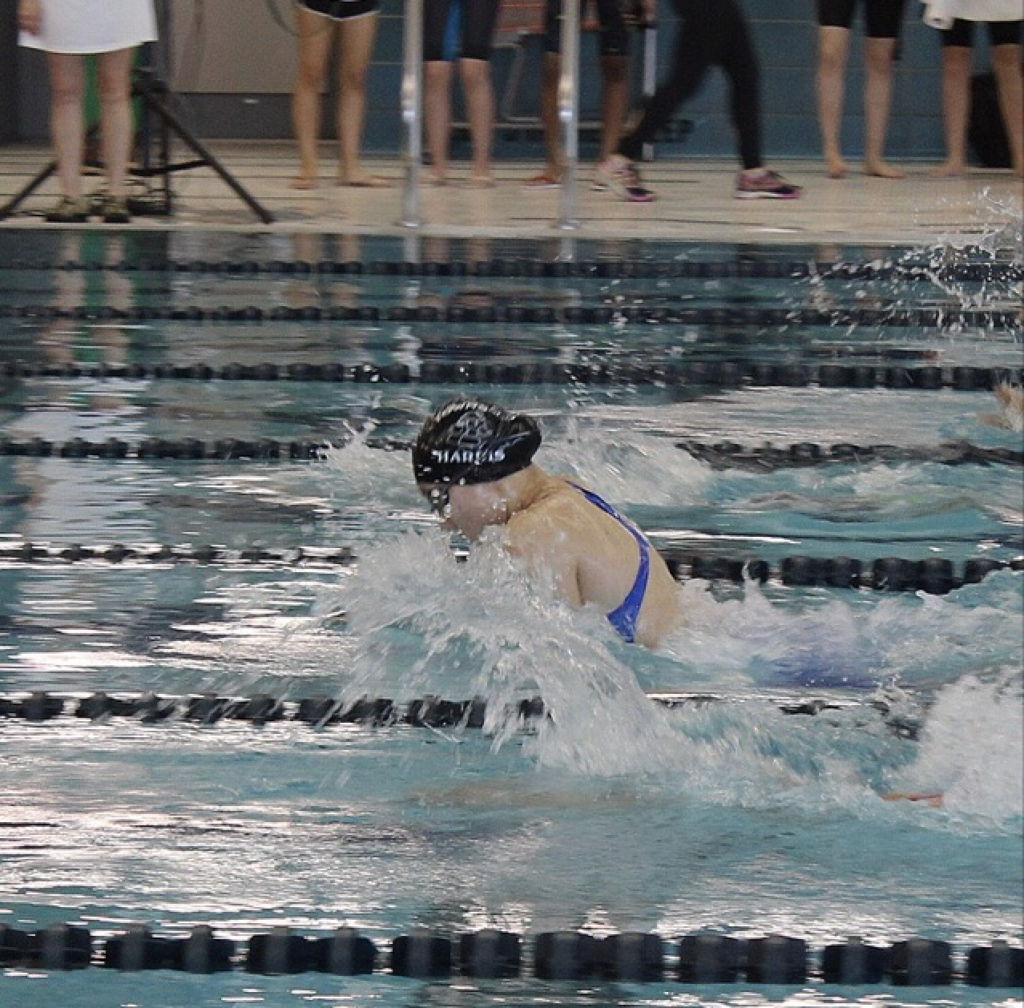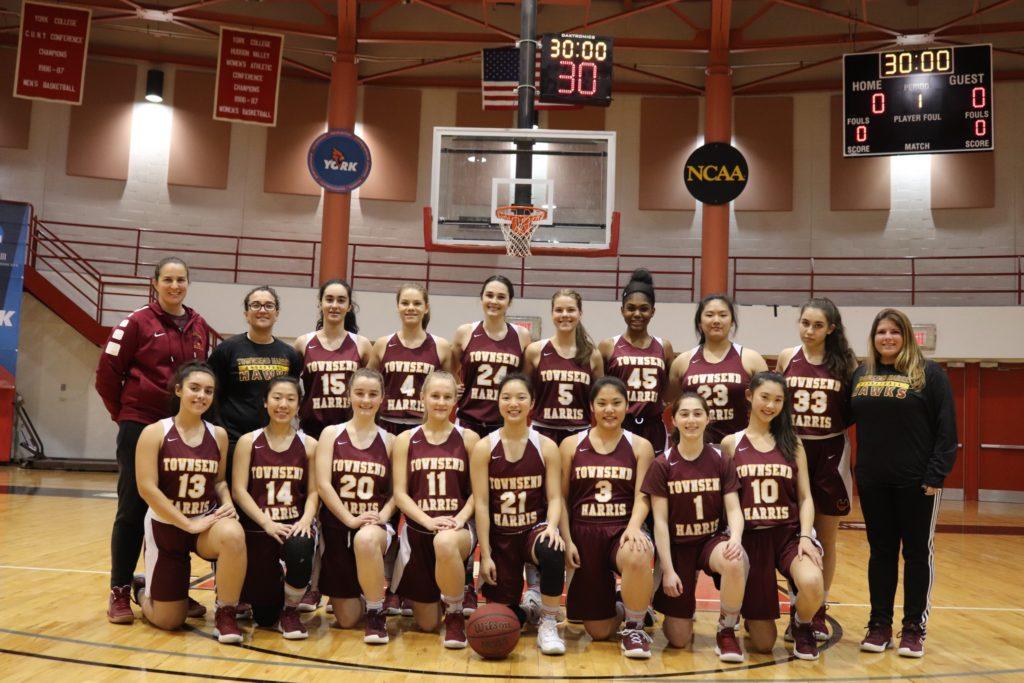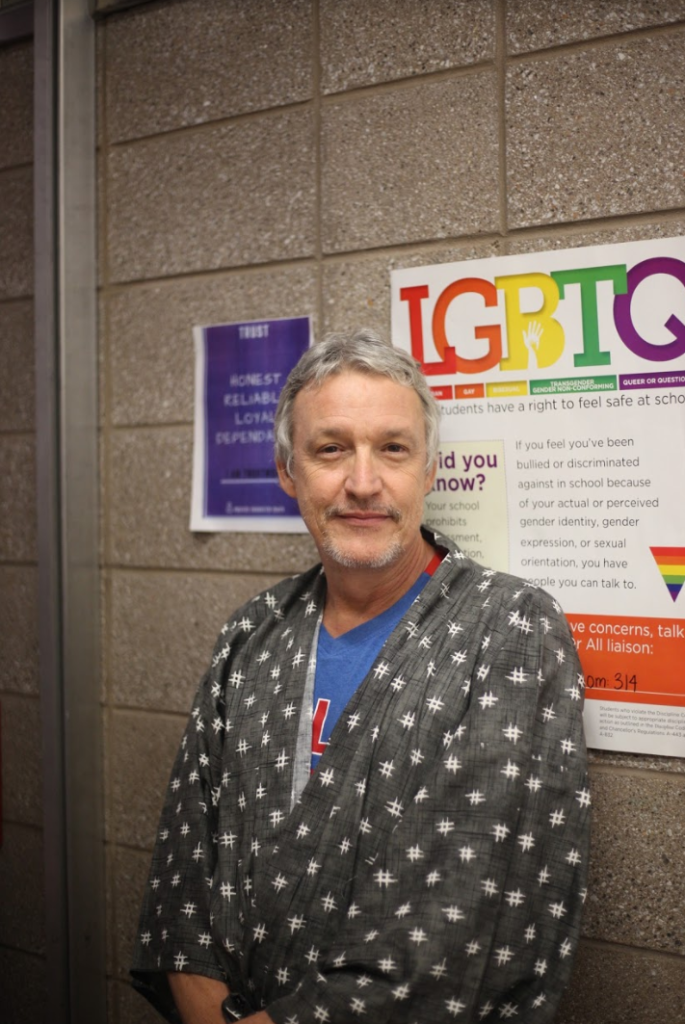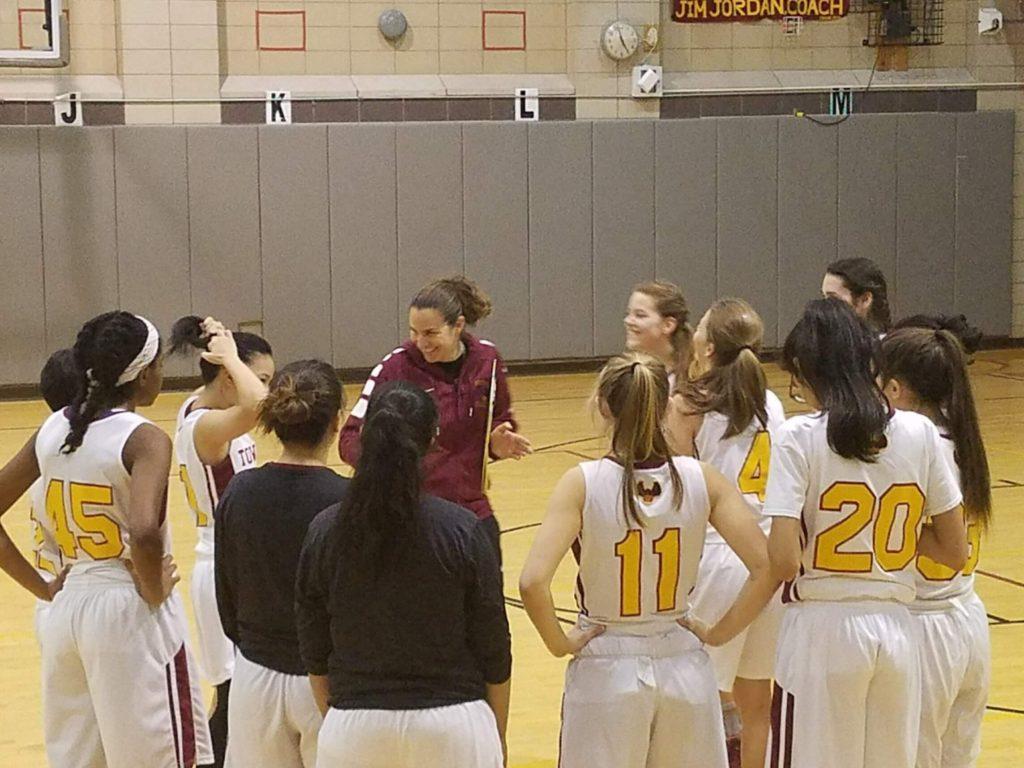
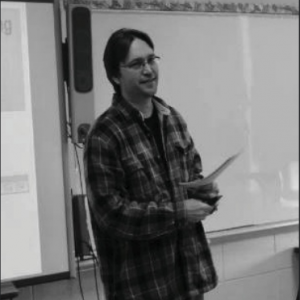
Social Studies teacher Chris Hackney, most easily recognized by his accent, is notable for teaching the popular electives AP Human Geography and History Through Film. What many students may not know, however, is that Mr. Hackney was the first baseball coach at THHS, and that he also coached girls and boys soccer.
Mr. Hackney’s background in sports can be traced back to his days at St. Stithians College, a small, all-boys liberal arts high school in South Africa. He described the school as not being very different from Townsend Harris, sharing a strong focus on Humanities and academic excellence. The only difference he noted was the “greater emphasis on sports” at St. Stithians, which is considered an essential component of most liberal arts schools, but is most definitely not a priority at THHS.
Students at St. Stithians were required to partake in sports throughout the year, meaning that during each of the three athletic seasons they would have to be on a different team. The three-season division is similar to PSAL’s classification of sports as either fall, winter, or spring. Mr. Hackney’s three sports were rugby, rowing, and track and field.
In addition to playing three sports, students also had to run track, go to the gym, and lift weights throughout the year. Mr. Hackney described their morning routine: “Some days we would go run, some days we would swim laps in the pool, and then we went and changed for breakfast.”
Students tend to complain about the length of school days in New York, but at St. Stithians, the day would begin at around 7:30 A.M. and last until 7 P.M. Academic classes would last until 2:30 and then sports would go until 7. According to Mr. Hackney, the school was set up so that teachers could only give tests on Saturdays, and Saturday night became their night to have fun and let loose. As long as they had a pass, they wouldn’t have to come back to school until Sunday morning.
“It was a totally different culture,” Mr. Hackney stated. Having been raised in such a culture, it was no surprise when he stepped into the position of Townsend Harris’s first ever baseball coach.
Mr. Hackney was asked to become the baseball coach in 1996 by a THHS student at the time, Nick Diunte, who was the driving force behind the founding of the baseball team. Mr. Hackney had just started teaching and claims that he was recruited because of his youth.
“When I first started baseball, I didn’t get paid to do it,” he said. At that time, baseball had started off as a club, which meant PSAL gave him no money for his coaching.
Once he had taken the classes necessary to become a coach, it was much easier for him to sign up to coach other sports. Thus, he seized the opportunity when the position of soccer coach opened up.
He coached baseball for two more years before girls soccer became available. At the time, girls soccer was a spring sport, and he chose to coach girls soccer instead of baseball because “[he] knew very little about baseball, and once baseball was paid PSAL salary, lots of people wanted to do it.” The transition was made easier by the fact that there were many willing to replace him and that the players he had started the team with were all graduating.
Mr. Hackney unofficially continued the tradition of coaches from the history department. AP World History teacher Adam Stonehill has coached girls junior varsity basketball, and is currently the assistant coach for girls track. Various other Social Studies teachers have also coached other THHS teams in the past.
Mr. Hackney continued to coach girls soccer until 2003. His decision to stop coaching revolved around a lack of time. “My life became too busy. Got a dog, bought a house, wanted to have a kid. It was very hard.”
Mr. Stonehill mentioned that Mr. Hackney’s replacement was not nearly as popular as him. Many girls on the team quit and joined track instead, choosing to play soccer with their club teams and hang out with their teammates off the field.
Mr. Hackney reflected upon his experience as both a coach and a teacher, calling it a positive one. “One of the benefits of being a teacher and a coach is recruiting. You know, in class, you throw a tennis ball in their face to see their coordination,” he joked. He recounted the time he ended up recruiting one of his very best players at Parent Teacher Conferences: a girl’s mother asked if there was any way for her daughter to get more involved in the THHS community, and he suggested joining girls soccer.
Mr. Hackney commented that the best thing about our student athletes is that “we use our basic brainpower to overcome the athletic ability of another team.” He described Staten Island Technical High School as one of their toughest competitors because they have both athletic ability and intelligence.
Mr. Hackney said one of his favorite parts of coaching as the friendships he watched form on the field. “You don’t coach for the money; you coach for the pleasure of it. The money’s just an extra added bonus. Also, PSAL pays you on time and how much they say they will.”
No longer a coach, Mr. Hackney remarked that sports do not play as big a part in his life. He’ll occasionally walk, hike, or “kick a ball around with [his] dog and [his] daughter.”



























